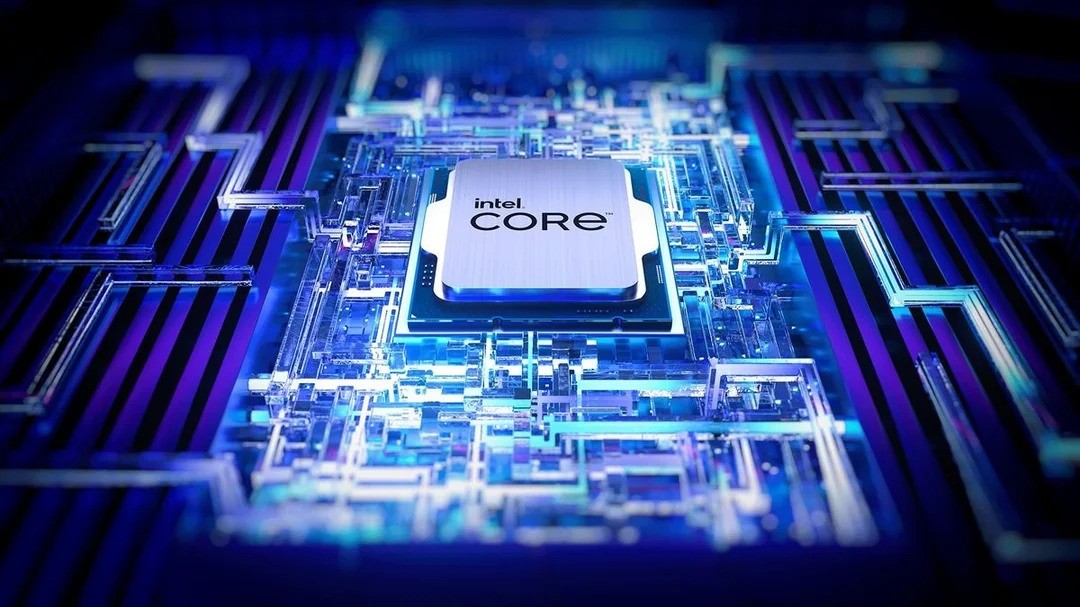The field of competition, as complex as it is problematic, is the subject of Articles 101 and 102 TFEU and of numerous primary and secondary legislative acts, as well as of a rich jurisprudence of the CJEU. This legislative framework ensures the necessary conditions for businesses to operate on a level playing field and protects consumers against the negative effects of anti-competitive practices.
Intel Corporation’s alleged abuse of a dominant position, expressly prohibited by Article 102 TFEU, has recently attracted interest for the Costaș, Negru & Asociații team. We refer to case C-240/22 P, Commission v. Intel Corporation.
Dominance, as that concept has been circumscribed by the CJEU, is permissible, but the various practices abusing that position, leading to or having the potential to lead to the exclusion or foreclosure of other competitors in a relevant market, constitute a punishable infringement of Article 102 TFEU.
In brief, Intel Corporation is the world’s largest manufacturer of x86 CPUs or x86 architecture processors. Their product is the core component of every computer in terms of overall performance and system cost, which is why Intel Corporation has over the years become indispensable to companies such as Dell, HP, Acer, IBM, etc. Prior to 2000, there were several x86 CPU manufacturers, but most of them have exited the market, and since 2000, Intel and AMD are essentially the only companies still producing x86 CPUs.
The fact that Intel was one of the most contracted CPU manufacturers led the Commission to the conclusion that at least during the period from October 2002 to December 2007 covered by the penalty decision, Intel held a dominant position on the market. In its analysis of Intel’s conduct, the Commission used the as efficient competitor test, but only at a theoretical level.
It was initially sanctioned for infringing Article 102 TFEU, consisting of conditional rebates to loyal customers and certain restrictions on the sale or postponement/cancellation of the launch of AMD-based products, as well as payments to Media Saturn Holding (MSH), Europe’s largest computer retailer, on condition that MSH sell exclusively Intel-based personal computers, with a fine of EUR 1,060,000,000. Challenging the validity of the Commission’s analysis of its practices, Intel brought an action against the Commission for annulment of the penalty decision.
By its judgment in Case T-286/09, the General Court of the European Union dismissed Intel’s action. The Court held that the attitude of the American company on the market has an anti-competitive effect in that, because of the company’s position on more than 70% of the market share, the technical difficulties of entering the market and the conditional discounts granted to loyal customers, it has led to the exclusion of other competitors. Moreover, the General Court considered that the rebates in question had an anti-competitive effect by their very nature and that it was not necessary to carry out the as efficient competitor test in the case in order to verify Intel’s conduct on the facts.
Subsequently, following Intel’s appeal, the European Court of Justice set aside the judgment of the General Court and referred the case back to the Court of Justice for a new hearing, arguing that the General Court’s analysis was insufficient and that Intel’s practices, even if they may have anticompetitive effects, must be analyzed in the light of the test carried out by the Commission and in relation to the factual situation.
The General Court annuls the Commission’s penalty decision, holding that, although the as efficient competitor test is important for determining the anti-competitive nature of an undertaking’s conduct, it is not sufficient in itself and is susceptible to error, as was the case in Intel.
After examining the elements put forward by Intel as to the validity of the test, the General Court, on appeal, concludes that they are capable of giving rise to doubts on the part of the Court as to the outcome of that assessment. Accordingly, the evidence adduced by the Commission is insufficient for it to be concluded that the conditional rebates granted to the economic operators automatically have the effect of excluding other potential producers of x86 processors. It was also held that there was no comprehensive analysis of the rate of coverage of the markets by the contested practice and no proper analysis of the duration of the rebates so as to be able to prove conclusively that the pricing practices actually produce an exclusionary effect or have a real possibility of producing such an effect.
Thus, the General Court concluded that the Commission’s analysis was incomplete, that it was not capable of showing that the rebates applied by Intel to its customers were capable or likely to have anti-competitive effects and that the test applied by the Commission was vitiated by procedural irregularities, errors of law and distortion of the evidence.
Even though the Commission in turn appealed against the judgment of the General Court on appeal, the Court of Justice of the European Union dismissed the appeal, holding further that the Commission’s analysis, namely the as efficeint competitor test, is flawed and incomplete and cannot be used to characterize Intel’s conduct on the relevant market as anticompetitive or not in the light of Article 102 TFEU. Furthermore, the Court confirms that the General Court is not required to examine whether the operative part of the Commission’s decision could be justified on the basis of reasoning free from the errors which it found, where that reasoning is not coherently formulated in that decision.
This case also highlights the fact that, in assessing the conduct of undertakings on the competitive European market, although there may be certain indications of the possible existence of an abuse of a dominant position, they must be corroborated by the factual reality.
This article was prepared for the blog of the law firm Costaș, Negru & Asociații by atty. Diana Hoha Pop, from the Arad Bar Association.
Costaș, Negru & Asociații is a law firm with offices in Cluj-Napoca, Bucharest and Arad, which provides assistance, legal representation and advice in several practice areas through a team of 18 lawyers and consultants. Details of the legal services and the composition of the team can be found at https://www.costas-negru.ro.
All rights for materials published on the company’s website and via social media belong to Costaș, Negru & Asociații, reproduction is permitted for information purposes only and with full and correct citation of the source.













